
Examining BRI’s Impact on Nepal: Is it Truly in the Nation’s Interest?
As Prime Minister Prachanda’s visit to China approaches in September 2023, an organization named the “Foundation of Trans Himalayan Research and Studies” (Fountain) convened a thought-provoking discussion on “China in the Global Economy and Its Impact on Nepal.” The event, presided over by former minister and organization president Anand Pokharel, took place at Alpha House in Kathmandu.
This interaction program centered on China’s influence on the global economy and its implications for Nepal. Distinguished figures including Speaker of the House of Representatives Devraj Ghimire, renowned economist Dr. Bharat Pokharel, former ambassador Mahendra Pandey, National Assembly member and former minister Dr. Bimala Rai Paudel, Chairman of the Public Accounts Committee Rishi Pokharel, Deputy Speaker of the Bagmati Provincial Assembly Apsara Chapagai, and Chinese Ambassador Chen Song were in attendance.
Prominent members of society, journalists, parliamentarians, former lawmakers, and others also shared their insights during the program. Ambassador Chen Song emphasized the importance of prioritizing agriculture, hydropower, and industry for Nepal’s development. He underscored that while hydropower is essential, modernizing agriculture is equally vital to address the nation’s economic challenges. He urged Nepal to draw inspiration from China’s successful economic development model.
Ambassador Song acknowledged China’s contribution in constructing a dry port in Nepal. However, he expressed concern that Nepal is yet to reap the full benefits due to a lack of goods for export. He emphasized that while electricity exports may appear lucrative in theory, in practice, Nepal sells electricity worth 10 billion to India while also importing electricity worth 19 billion from its southern neighbor. Ambassador Song assured that if Nepal meets China’s agricultural standards, the Chinese government is willing to purchase Nepali agricultural products.
Speaker Devraj Ghimire voiced his belief that projects like the American Millennium Challenge Corporation (MCC) and China’s Belt and Road Initiative (BRI), now in Nepal, should be maximized as they serve the nation’s interests. As the program delved into current political developments, questions arose about Nepal’s role within the BRI project.
One pressing question raised was whether, given recent experiences in Sri Lanka, Pakistan, and other places, concerns about the future of the Pokhara Airport, funded by BRI investments in Nepal, are warranted. The second question pertained to Nepal’s ability to repay its debts and the possibility of China assuming control of the Hambantota port in Sri Lanka to operate the airport if Nepal defaults. Unfortunately, answers to these questions were not forthcoming from the organizing committee or presenters.
Nepal, grappling with political and social transformations driven by American imperialist policies, service-oriented reforms, and ethnic conflicts, appears hesitant to fully embrace China’s ambitious BRI project. Ambassador Chen Song, during his address, shared China’s historical journey, cautioning against over-reliance on foreign subsidies for development. He noted that China’s remarkable economic growth was achieved by not relying solely on external assistance. In his view, seeking development through foreign subsidies may hinder Nepal’s long-term economic progress and pose a threat to its economic independence.
The discussion highlighted the complex dynamics surrounding Nepal’s engagement with the Belt and Road Initiative, underscoring the need for a careful and considered approach to balance economic development with national interests.

Belt and Road Initiative (BRI): A Complex Global Debate
The Belt and Road Initiative (BRI) is a global subject of debate and not universally opposed. Several nations, including the Republic of Kazakhstan, the Kyrgyz Republic, Pakistan, the Russian Federation, the Republic of Tajikistan, and the Republic of Uzbekistan, express support for the BRI project. While the implementation of the BRI in Nepal remains a topic of discussion, Chinese Ambassador Song, in a recent Kathmandu event, suggested that projects like the Pokhara International Airport are part of the BRI. However, Nepal’s Foreign Minister NP Saud has clarified that no BRI projects have been executed in Nepal. Thus, rather than rushing into decisions regarding the BRI, Nepal is urged to take a more nuanced approach, considering the global context.
A closer look at the global landscape reveals that China’s Belt and Road project, initially promising to uplift people living below the poverty line and bring prosperity, has raised concerns by pushing some impoverished countries into further crisis. While China characterizes the BRI project as a gift to developing nations, recent challenges faced by Sri Lanka and Pakistan cast doubt on this assertion.
It is evident that the subsidized loans offered by China for infrastructure development under the BRI have turned into a debt trap for various countries. Examining the outcomes of BRI projects in South Asia, there is apprehension that Southeast and Middle East Asian, as well as African nations, may experience conditions similar to those of Sri Lanka in the future.
Considering the dire situations in Sri Lanka and Pakistan, Bangladesh has encountered difficulties in advancing agreements with China and BRI projects. China has launched BRI initiatives in numerous low- and middle-income countries, including Sri Lanka, Pakistan, Cambodia, Zambia, Congo, Sudan, Ethiopia, and Angola.
When evaluating the BRI and its repercussions across different nations, it is essential to recognize that receiving financial assistance may come with underlying interests and obligations. Accepting financial aid from another country often involves a complex web of diplomatic relationships and future commitments.
Nepal, a sovereign nation known for its democratic and republican principles, has faced indirect influences from imperialist powers for decades. Despite its independence, the country has experienced foreign sway in areas ranging from education to policy-making, political leadership selection, and media control. These external influences have created intellectual dependencies, prompting a critical examination of the balance between national sovereignty and external pressures.
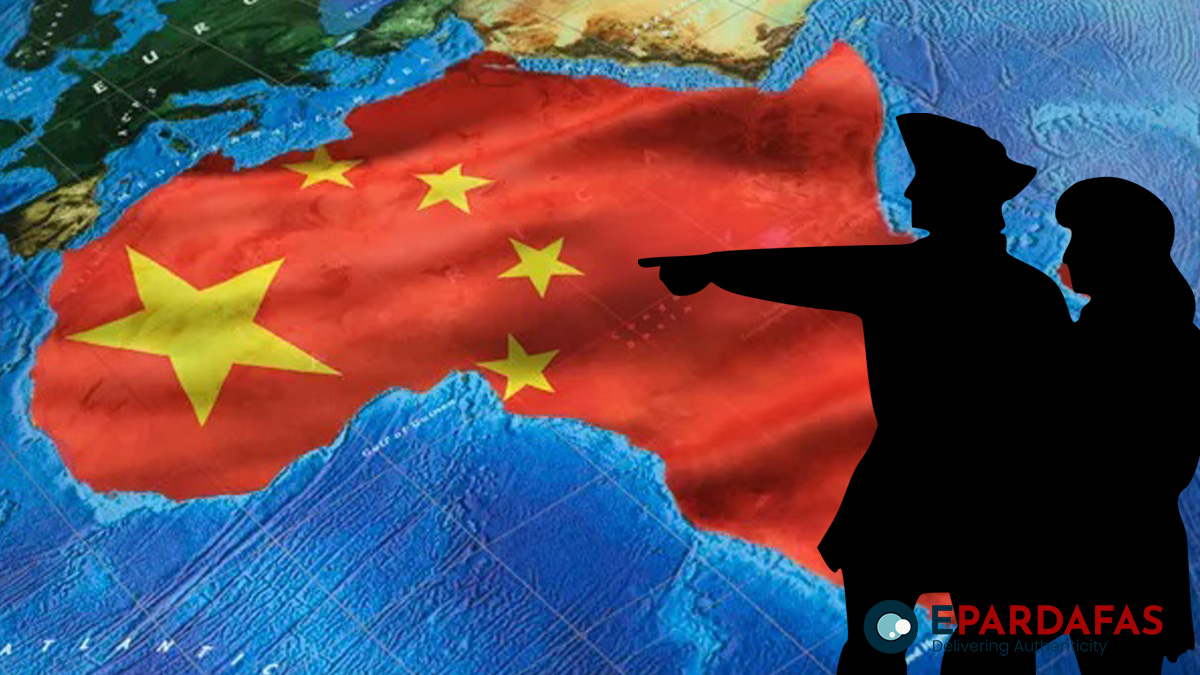
Evaluating the Belt and Road Initiative’s Impact on Developing Nations
Taking a loan is not inherently wrong. When used wisely, loans can be a path to prosperity for both the lender and borrower. Borrowers who effectively utilize loans contribute to the lender’s success. It’s akin to a symbiotic financial relationship where responsible borrowing leads to mutual growth.
Elders often advise that one should approach debts and expenditures with a sense of responsibility. Neglecting to consider the consequences of debt can lead to unfavorable outcomes. In light of the current leadership in Nepal, optimism about the country’s prosperity through grants and loans from the Belt and Road Initiative (BRI) appears uncertain.
Nepal, like many other nations, hopes to avoid replicating the economic challenges faced by countries such as Sri Lanka and Pakistan due to their involvement in the BRI project. China strategically invests in locations where it can reap long-term benefits. Frontloading extensive investments in projects can lead to post-completion commercial challenges, resulting in financial strain for the host country. China’s approach appears to involve initially financing development, and subsequently, if a country struggles to repay its debt, assuming control of projects, influence in politics, and expansion of its international network.
President Xi Jinping’s announcement that the BRI would lift millions from poverty contrasts with the current reality in countries that embraced the initiative. Pakistan’s China Pakistan Economic Corridor (CPEC), a BRI component, grapples with transparency issues, debt concerns, and corruption allegations, causing project delays. Consequently, China has reduced further lending. In response to unpaid dues, Shehbaz Sharif’s government canceled the CPEC authority. Pakistan’s Main Line (ML-1) railway project, another key BRI project, remains stagnant due to unresolved disputes between Islamabad and Beijing.
Myanmar, under military rule and with China’s support, reassessed its stance on a BRI natural gas project, revealing China’s primary interest. Aung San Suu Kyi’s government had previously renegotiated the project’s cost, resulting in China’s withdrawal. However, after the military takeover, China resumed its engagement, notably investing in a deep-sea port project.
Kuala Lumpur canceled $11.8 billion worth of BRI projects between 2013 and 2021. The Philippines suspended a $5 billion rail project due to issues with Chinese contractors. Kazakhstan and Bolivia also discontinued BRI projects. Zambia, facing a severe debt crisis of over $17 billion owed to China, seeks debt restructuring. Failure to address Zambia’s request may result in a scenario akin to Sri Lanka’s.
Overall, China initiates substantial upfront investments in BRI development projects. However, its policy suggests that if a country struggles to repay, China may lease the project, exert influence in domestic affairs, and expand its global presence. This strategy raises questions about the long-term implications of BRI involvement for participating nations.
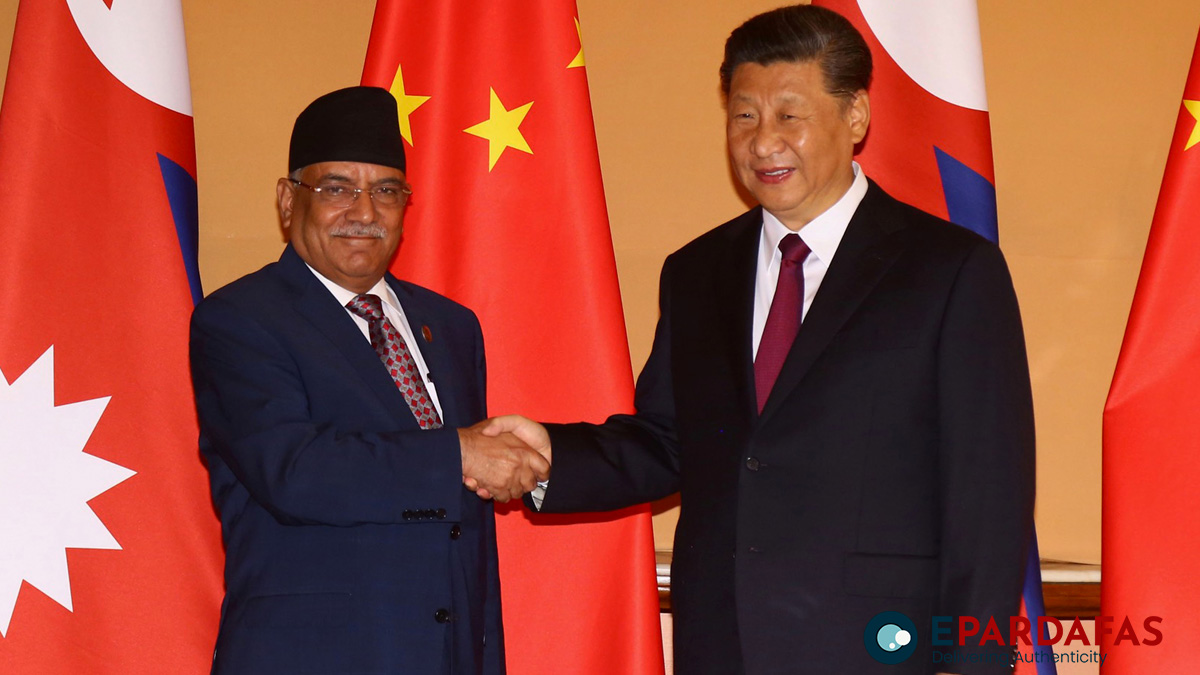
Balancing the Benefits and Risks of the Belt and Road Initiative
Among the 149 countries and 32 international organizations that have entered into Memoranda of Understanding (MoUs) with China for the Belt and Road Initiative (BRI), only a handful appear capable of managing the challenge of sustainable loans provided by China. The majority of these nations are poised to find themselves influenced by China in various ways. A case in point is the Hambantota port in Sri Lanka, which, despite its strategic location on the world’s busiest shipping route, attracted a meager 12 vessels in 2012 due to concerns over its Chinese ownership. In contrast, the Colombo port, situated 260 kilometers away, saw more than 3000 vessels during the same period.
Sri Lanka introduced the BRI project as a development initiative following a 26-year-long ethnic civil war. Nepal finds itself in a somewhat similar situation, marked by ethnic and religious conflicts, especially among the Kiratis, as this project unfolds. Given Nepal’s prevailing corruption within government and leadership, there is a concern that Nepal’s fate might resemble that of Sri Lanka after the BRI project. It’s imperative that we contemplate this aspect, keeping in mind the adage that “free food spoils the stomach.”
As Sri Lanka faced difficulties repaying the project loan, China may potentially lease the Hambantota port under the Belt and Road Initiative for an extended period of up to 198 years. Approximately 80 percent of China’s investment resides in the port and its industrial area on Hambantota Island. This implies that China could effectively maintain control of the project in Sri Lanka for an extended period.
There’s growing suspicion that this project may not align with China’s “One-China” policy. China seems to be ensnaring nations worldwide in a web of debt, operating them as leased properties. While the lease agreement states a 99-year term for the Sri Lankan port, it includes a provision for a further 99-year extension. This means that China may effectively maintain its presence in Sri Lanka for nearly two centuries, exerting significant influence.
It’s essential to underscore that these concerns do not align with the principles of national independence and sovereignty. While China’s influence extends beyond its borders, it has managed to gain a strategic foothold in Sri Lanka for 99 years through the Belt and Road Initiative. If it continues operating within the country for that duration, its dominance can be profound. The aim of this analysis is not to support or oppose the BRI but to underscore the importance of national interests and sovereignty. It is vital to prevent Nepal from facing a similar situation as Sri Lanka and Pakistan regarding the BRI.
In this context, I emphasize the importance of proactive caution rather than reactive responses. I respectfully request that the relevant government authorities solicit opinions and recommendations from neutral intellectual groups before entering into such significant national agreements. It’s crucial to exercise caution when formulating policies and selecting subject matter experts to ensure that national interests are protected. This approach is not meant to discredit those with connections or studies in China but rather to prioritize Nepal’s sovereignty and independence.
In conclusion, it is wise to carefully consider before taking on loans. While there were mechanisms to assist struggling borrowers in the past, there is no recourse in the case of Belt and Road Initiative-related debts.

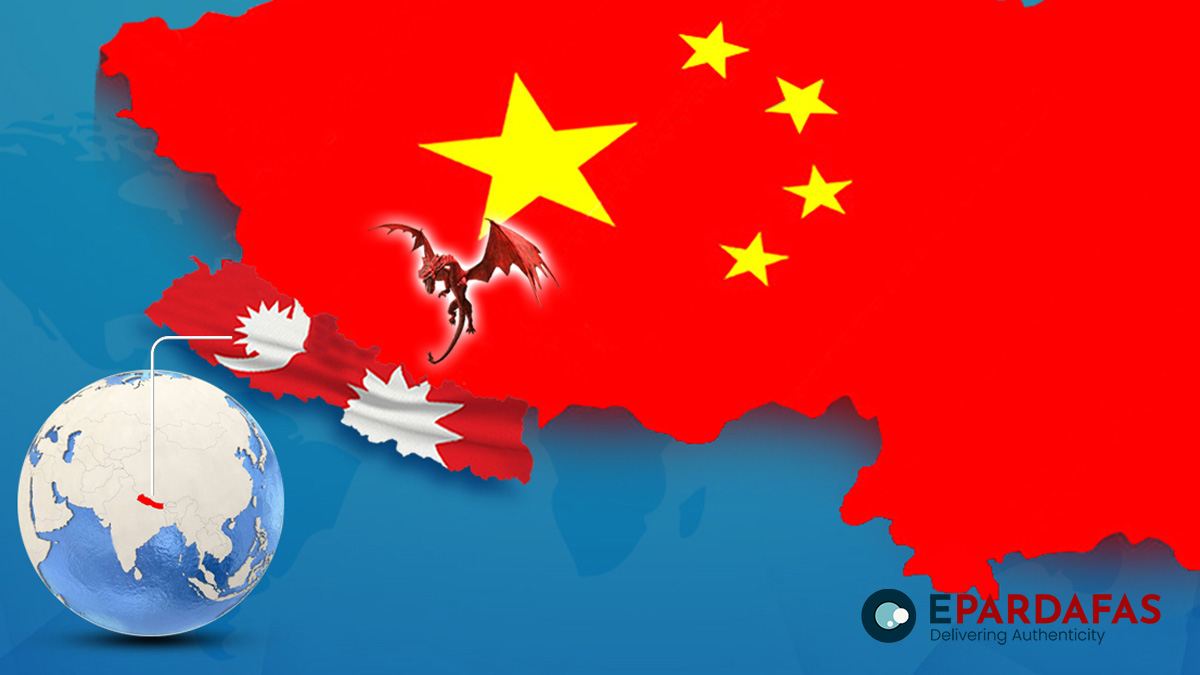


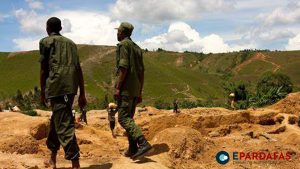
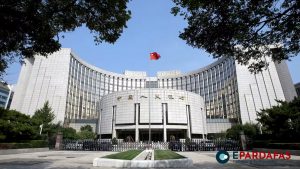
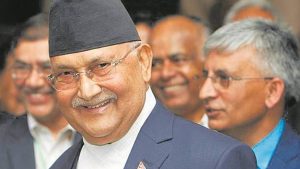

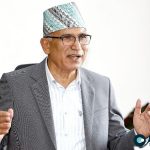





Comments